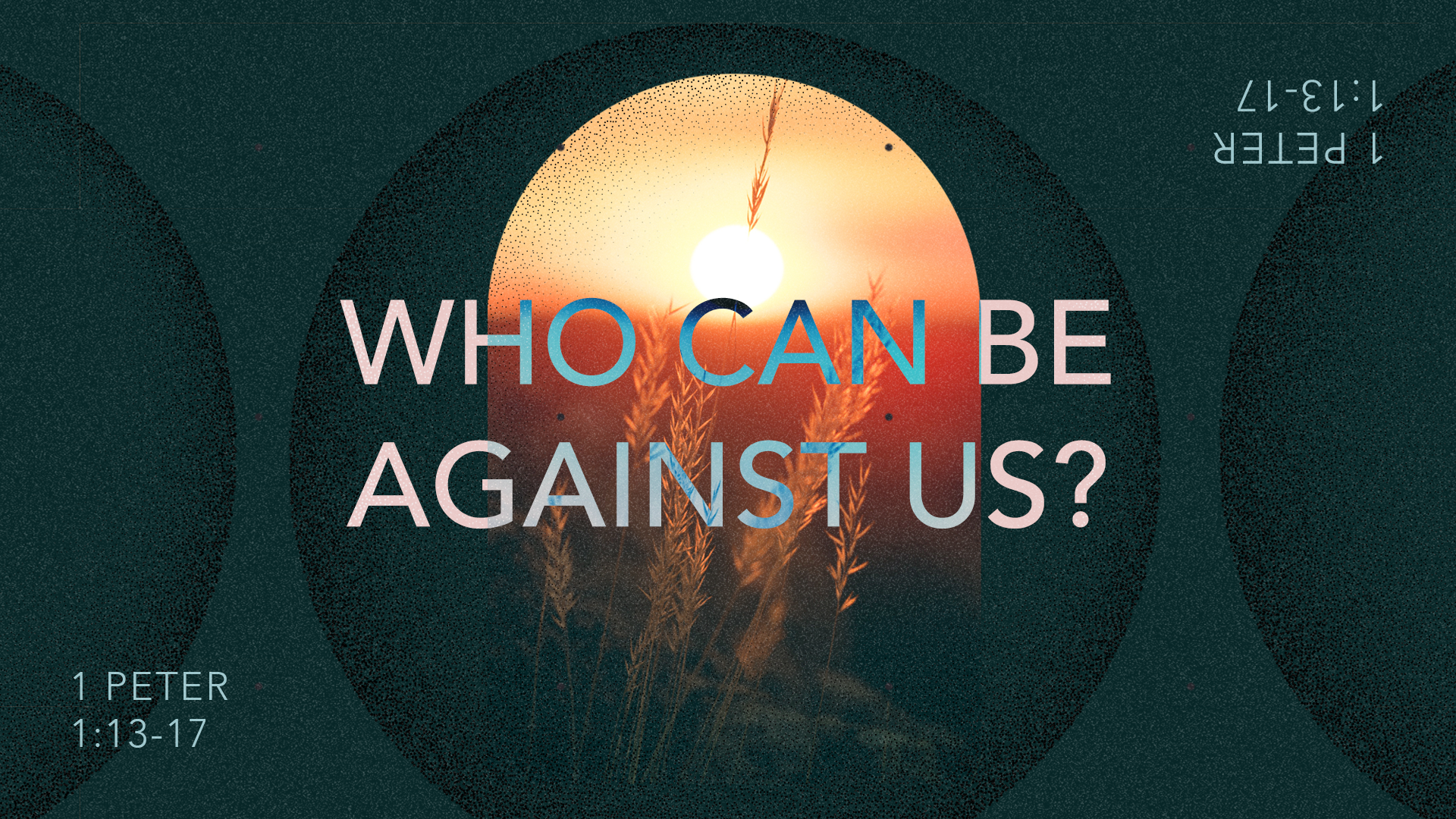Advent: Peace
In contrast to all the ordinary-ness surrounding Christ’s birth, there is a majestic peeling back of the heavens that is also part of the story.
An angel appeared to nearby shepherds as heavenly beings came down in glorious grandeur to declare praise and proclaim peace on earth.
Shortly after Jesus was born, soldiers stormed Bethlehem looking for babies to kill. This didn’t look like peace. Divisions and wars have been a universal part of the human story since sin first entered the world. Where is this peace that the angels came down to proclaim?
Thayer’s Greek Lexicon defines “peace” as, “the tranquil state of a soul assured of its salvation through Christ, and so fearing nothing from God and content with its earthly lot, of whatsoever sort that is.”
Renowned scholar K.J. Martin defines it as a “mental state of calm and comfort that comes when our deepest fears are assailed by the knowledge and assurance of who Jesus is and what He has done.”
Both of these definitions include the removal of fear. Peace is ultimately being freed from the fear of the judgement of God.
In our natural state, we are not at peace with God. We have made ourselves His enemies. He made us with a purpose -- to be bearers of His image on earth, representing His glory and goodness -- and we failed big time. We have fallen so far from His glorious standard for us.
The news the angels proclaimed was so GOOD because while we were dead in our trespasses -- enemies with God -- He sent Christ into the world to die for the ungodly, restoring peace between God and man.
Though we have fallen short, we can stand at peace with God under the imputed righteousness of Christ. He graciously and mercifully covers us with His righteousness.
Romans 5:1 says, “Therefore, since we have been justified by faith, we have peace with God through our Lord Jesus Christ.”
True peace also removes the fear of death. The peace Christ offers is a peace that knows the worst thing that can happen is death, and even then, the certainty that it will be okay.
"Do not be anxious about anything, but in everything by prayer and supplication with thanksgiving let your requests be made known to God. And the peace of God, which surpasses all understanding, will guard your hearts and your minds in Christ Jesus." - Philippians 4:6-7
The peace Christ gives is a peace that surpasses all understanding. It doesn't even make sense. He gives us a sense of internal calm and comfort, no matter the circumstances around us.
The question is... how do we take hold of this peace?
- We can bring our concerns to God. See Philippians 4:6-7; pray.
- We can identify the deeper question. At the root of our worries, is the question: "am I going to be okay?" - in Christ, we know the answer. See Habakkuk 3:17–18.
- We can recount the saving acts of God.
Christmastime is a great time to linger on and remember all that God has done for us. Be intentional in recounting these things: read through the Christmas story (Luke 2) with your family; light advent candles; tell the story of St. Nicholas; find a devotional or guiding resource...
Use these traditions to remind your family all that God has done to save us.
God loved us so much that He sent His Son into the world to rescue us from the fear of His wrath and the fear of if we're going to be okay. He came to give us a peace that surpasses all understanding.
Lord, help us lay hold of this peace in this season and always.
..
Watch this sermon
here.





